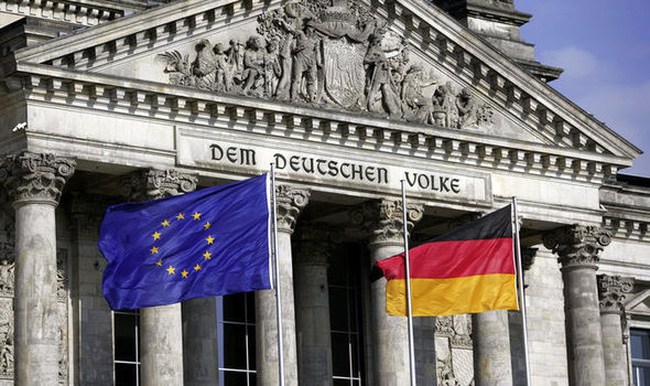Germany to allow banks to deal in cryptocurrency in 2020, here’s what this will mean
The federal parliament of Germany has passed a bill that will allow banks to become custodians and merchants of cryptocurrency in 2020, German business newspaper Handelsblatt reported Wednesday. The move represents a bombshell milestone in adoption and could, in theory, make crypto as liquid as cash in the world’s fourth-largest economy.
The new Bundestag bill mandates the deletion of a clause in the European Union’s Fourth Anti-Money Laundering Directive that prohibits banks from directly dealing in cryptocurrency. Since 2017, the directive’s “separation bid” has required all EU banks to conduct crypto operations through third-party custodians and subsidiary entities.
Starting next year banks, operating in Germany will be legally allowed to store crypto and securities like stocks and bonds and offer them to customers—likely as they would cash.
Banks happy to start pushing crypto to customers
The Association of German Banks a.k.a. “BdB” lauded the upcoming regulation changes, stating banks “are experienced in the safekeeping of client assets and in risk management,” and “are committed to investor protection.”
Others aren’t so sold on the motives of banks or their commitment to “investor protection.” The consumer protection watchdog from Germany’s third-largest state, Baden-Wuerttemberg, is concerned banks could aggressively pitch crypto to uneducated customers and put them out of pocket.

